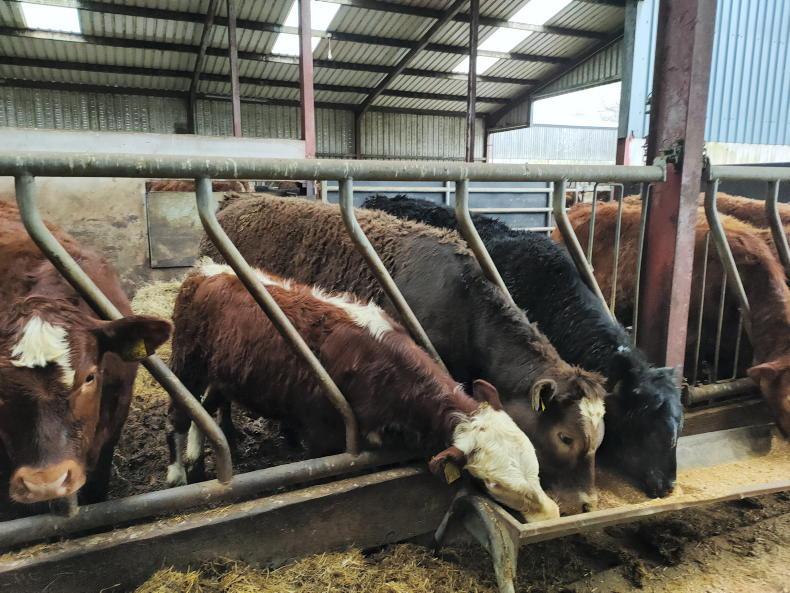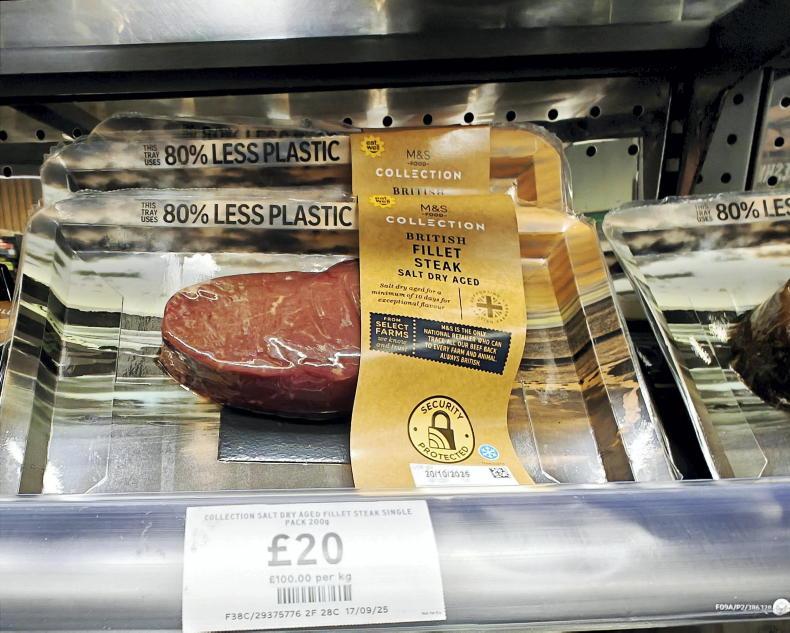Research from University of Oxford concludes that meat is significantly underpriced when the relevant externalities are properly costed.
The soon-to-be-published research proposed that consumption taxes on meat can address multiple environmental externalities simultaneously, while improving diet-related public health.
The negative externalities of meat are currently not reflected in retail prices and have remained largely unaddressed by policymakers, according to the authors.
The main externalities identified are climate change, nutrient pollution and biodiversity loss.
Environmental tax
While unclear by how much meat is underpriced, the researchers estimated that an environmental tax on meat in high-income countries would at least increase its current retail prices between roughly 20% to 60%, depending on the meat type.
Including the valuation of privately incurred health effects (attributed to meat eating) would approximately triple the appropriate tax on unprocessed beef, according to this research.
Levying meat consumption
The authors note one advantage of consumption taxes - as opposed to taxing meat at source - is that it eases competitiveness concerns.
Levies would affect meat from all sources and reduce the risk of domestic producers being undercut by imports from countries with lower environmental regulations.
They indicate that studies have demonstrated that consumption taxes are more efficient than production abatement measures, where monitoring costs are high given farm structures and abatement options are limited.
The need to reduce per-capita meat demand is justified, according to the authors, which justifies a strong emphasis on demand-side solutions.
While this research acknowledges the importance of livestock farming to many livelihoods globally and the importance of meat in the diet, it points to a growing consensus that the recent global trajectory of meat production and consumption is unsustainable.
Whether Irish farmers agree with this perspective or not, there can be little doubt that policy makers in the EU and globally see multiple benefits in reducing consumption of livestock protein, not least environmental and climate benefits.
Irish farmers must understand the type of change that is proposed by many activists, academics and policy makers, the mechanisms by which this may be achieved and the implications for production.
A focus on domestic activism, such as veganuary, and taking pot shots at Irish environmental activists may resonate well for farm organisation with their members.
However, it ignores a far more fundamental movement within global food, climate and health policy, which seeks to reduce consumption of livestock proteins globally. This poses a far greater challenge and threat to Irish livestock farms.










SHARING OPTIONS